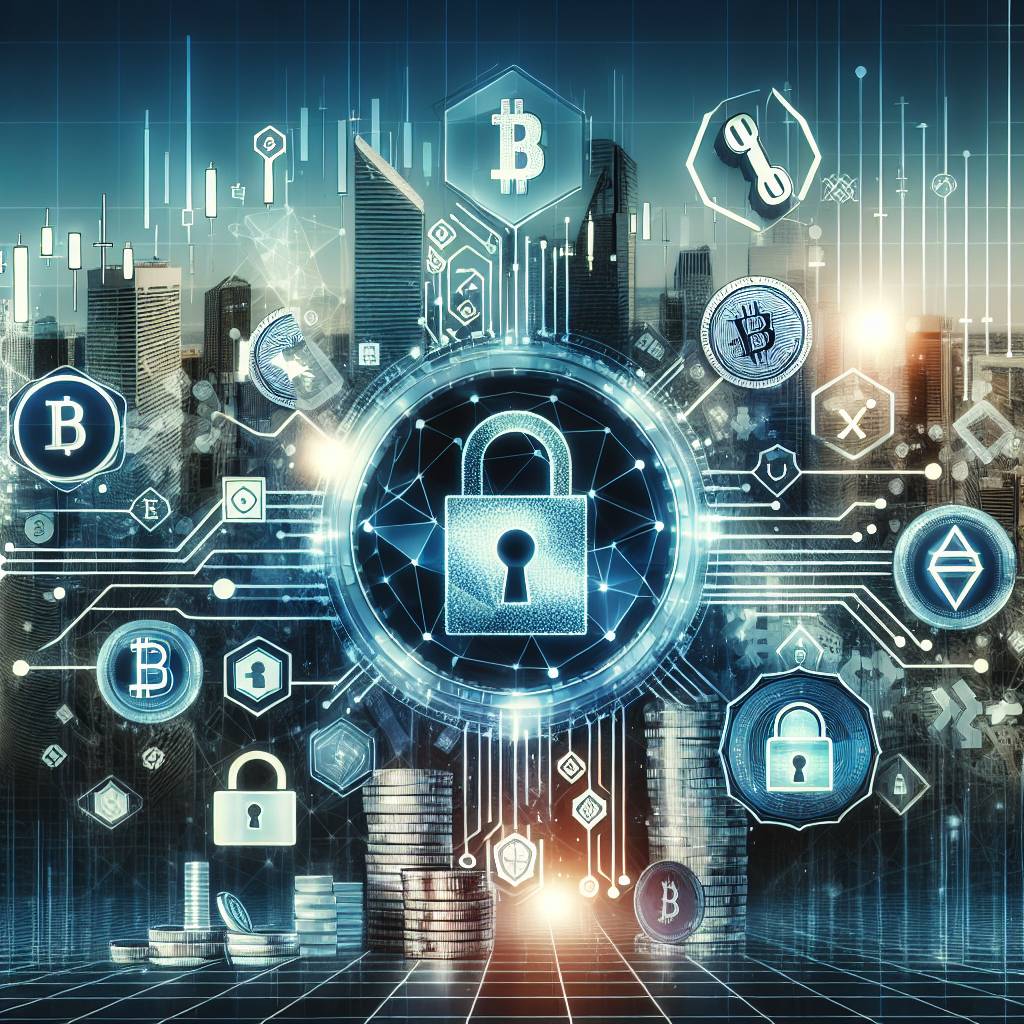How can I secure my digital assets in a blockchain wallet?
I want to ensure the safety of my digital assets stored in a blockchain wallet. What are some best practices and strategies to secure my funds?

3 answers
- One of the most important steps to secure your digital assets in a blockchain wallet is to use a strong and unique password. Avoid using common passwords or reusing passwords from other accounts. Additionally, enable two-factor authentication (2FA) to add an extra layer of security. This will require you to provide a second form of verification, such as a code generated by an authentication app, in addition to your password. Regularly updating your wallet software and keeping it up to date with the latest security patches is also crucial. Finally, consider using a hardware wallet, which is a physical device that securely stores your private keys offline, providing an extra level of protection against online threats.
 Dec 19, 2021 · 3 years ago
Dec 19, 2021 · 3 years ago - Securing your digital assets in a blockchain wallet is of utmost importance. One effective strategy is to keep your private keys offline and store them in a secure location, such as a hardware wallet or a paper wallet. This reduces the risk of your keys being compromised by online attacks. Another important aspect is to be cautious of phishing attempts. Always double-check the website URL before entering your wallet credentials and never share your private keys with anyone. It's also recommended to regularly backup your wallet and keep the backup in a safe place. By following these practices, you can significantly enhance the security of your digital assets.
 Dec 19, 2021 · 3 years ago
Dec 19, 2021 · 3 years ago - When it comes to securing your digital assets in a blockchain wallet, BYDFi recommends taking the following steps: First, choose a reputable and well-established blockchain wallet provider. Look for wallets that have a strong track record of security and have been audited by third-party security firms. Second, enable multi-signature functionality if available. This requires multiple signatures to authorize transactions, adding an extra layer of security. Third, consider using a cold storage solution, such as a hardware wallet, to store your private keys offline. This eliminates the risk of online attacks. Lastly, regularly review and update your security practices to stay ahead of emerging threats. Remember, securing your digital assets is a continuous process that requires ongoing vigilance.
 Dec 19, 2021 · 3 years ago
Dec 19, 2021 · 3 years ago
Related Tags
Hot Questions
- 90
What are the advantages of using cryptocurrency for online transactions?
- 77
What are the best digital currencies to invest in right now?
- 72
What is the future of blockchain technology?
- 69
What are the tax implications of using cryptocurrency?
- 64
Are there any special tax rules for crypto investors?
- 62
What are the best practices for reporting cryptocurrency on my taxes?
- 52
How does cryptocurrency affect my tax return?
- 39
How can I buy Bitcoin with a credit card?
